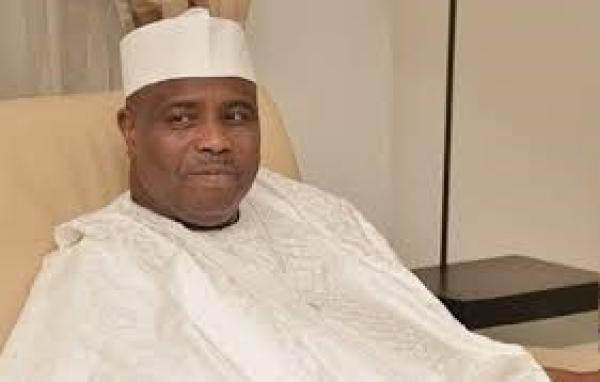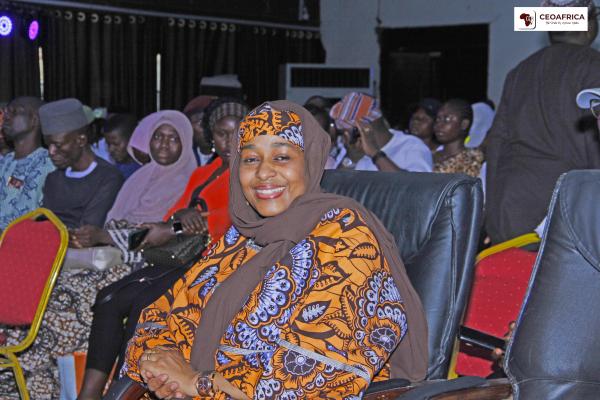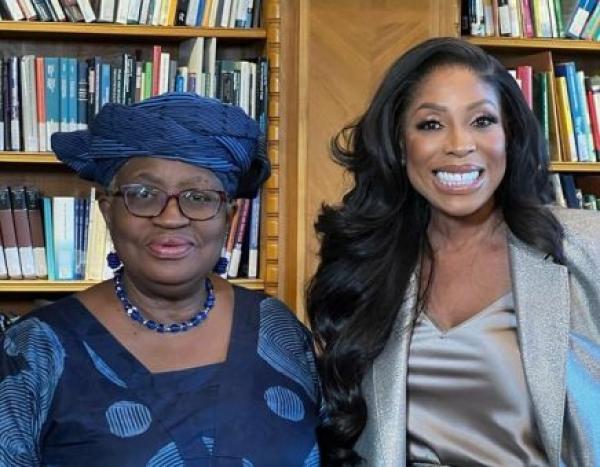
AGI President, Nana Owusu Afari
ACCRA-GHANA-The Ghana Employers Association, the Association of Ghana Industries (AGI) and the Ghana Chamber of Commerce and Industry (GCCI) have welcomed the government’s decision to absorb 25 per cent of the recent increase in electricity tariff.
The private sector umbrella bodies said the breakthrough was the result of dialogue, negotiations and consultations with oragnised labour led by the Trades Union Congress (TUC), the government and the leadership of the three umbrella bodies.
In a statement jointly signed by the presidents of the bodies, Nana Owusu Afari for the AGI; Mr Terrence Darko for the GEA and Dr Seth Adjei-Baah for GCCI, said although organised labour consistently asked for a higher subsidy from the government to cushion both domestic and industrial consumers from the negative impact of the astronomic electricity tariff increase, the government was reluctant to accept the demands in view of the potential consequences for the national economy.
“But after several discussions and negotiations, the government accepted to subsidise the increase in electricity tariff by 25 per cent,” the statement pointed out.
It observed that, indeed, a higher subsidy would have had more serious fiscal repercussions on the national economy and translate into higher tariff adjustments in addition to the regular automatic tariff adjustments in future.
The GEA, AGI, and GCCI therefore acknowledged the “maturity, high sense of responsibility, mutual respect and forthrightness” the parties engaged themselves, while commending organised labour for agreeing to call off the nationwide strike action, which was scheduled for November 18th.
“Ghana is at a critical juncture in its political, economic and social development process and it will require the concerted efforts of the social partners to deepen the culture of dialogue, consultations and negotiations in resolving matters of national interest so as to reduce industrial unrest that can undermine the peace and development of our country,” the statement stressed.
The three organisations, however, made it clear that they would join hands with organised labour, the government and the PURC in demanding better and efficient services and value for money from the utility service providers.






















